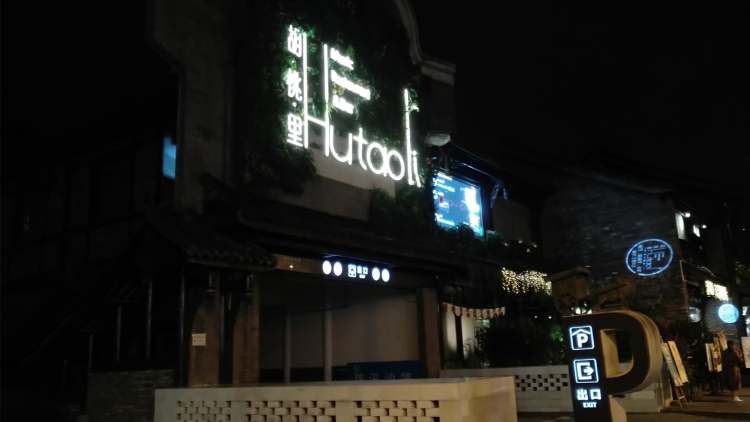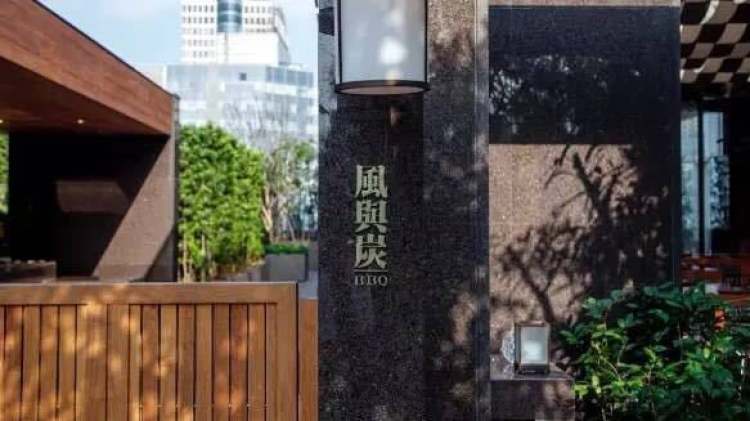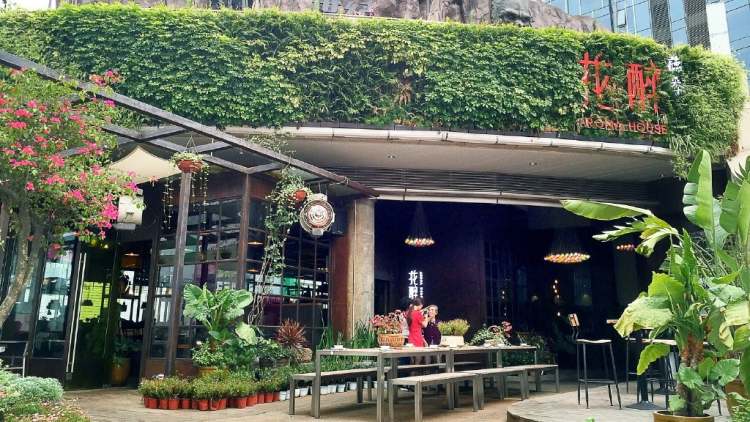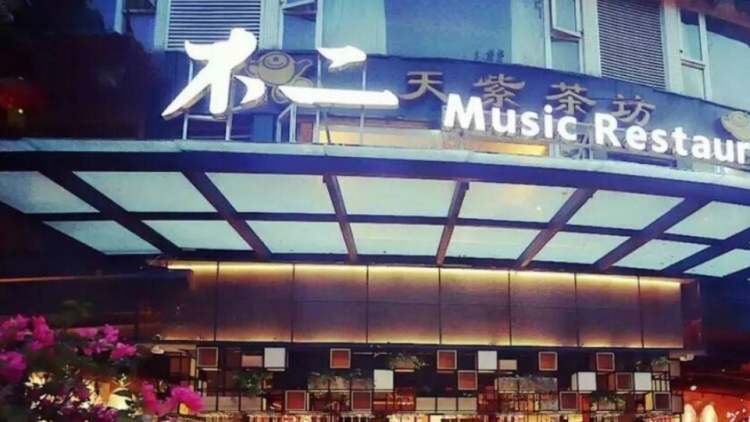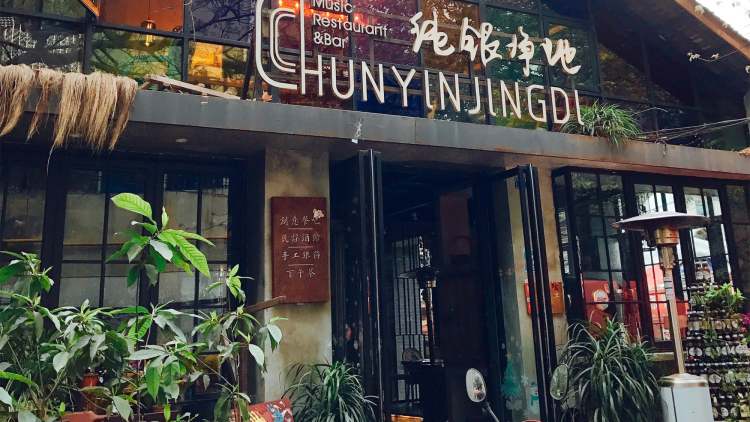Bar, restaurant, café – that's what music restaurants are more popular these days. Hu Taoli is not the founder, but the popularity of such catering projects after 2015 is closely related to it.
The birth of Hutaoli itself is full of drama, and the project belongs to the Hezong Culture Group. However, Soho Bar, founded in 2003, is the core business of the group, and Soho expanded the fastest around 2011, through which he has accumulated a large number of playing and singing artists, and rehearsals and performances are sometimes tried directly in the canteen, where the aroma of food and singing coexist. Hezong's attempt to transform the canteen into a music restaurant in Hutaoli was a huge success, and as of 2017, there were hundreds of outlets in China.
The flavor of the music restaurant's dishes is widely criticized by diners, and Hu Taoli has reason not to be impressed. The management has done market research, and in the context of Hutaoli's continued popularity, the proportion of consumers who pay attention to the taste of its food is only about 20%, coupled with the low turnover rate, Hutaoli naturally regards music as its core competitiveness.
There are hundreds of signed singers in Hutaoli, including powerful singers in "The Voice of China" and "The Voice of the Chinese Dream", and more than 2,000 signed artists of Hezong Culture have also become the talent pool of Hutaoli. It is precisely because of the abundant talents that Hutaoli, which adopts the franchise business model, can fully control the live playing and singing links, and the performers must first pass the school assessment and practice in the directly operated stores, and then have the opportunity to "tour" in the franchise stores. Chengdu Hutaoli is no exception, with reinforcing performers usually changing every three months, with a repertoire of folk, pop and soft rock, with most artists singing classic songs in Cantonese and English. Compared with the "cave singers" in ordinary music restaurants, the typhoon of the Hutaoli artists is also more sophisticated, they pay more attention to interaction with the audience, and the transition between different songs is also smoother.
The franchise operation also makes the decoration style of the stores in Hutaoli tend to be homogeneous, the restaurant abandons the industrial style of the new restaurant and the heavy and small qualification tone of the traditional bar, and instead adopts a large number of green plants and wooden elements, and there are card seats and bar counters in the hall, which can also accommodate a consumer group of 8 people without sharing a table. The restaurant is dimly lit and the environment is noisy, which is very unfavorable for voice communication, but fortunately, new customers will receive extra attention before ordering, and it is rare to be left out and forgotten. However, it is very inconvenient to add an order, and due to the environment, it is difficult to attract the attention of the waiter unless you shout, so it is best to look at the dishes and order them all at once.
Hutaoli adopts franchise management, and jointly builds a central kitchen and food supply chain with Hayshili Company in the food ingredient link, so it can also ensure that the flavor tends to be unified when expanding in different places. The flavor of Hutaoli food has Sichuan and Hunan characteristics, and the kitchen team is built by each store, so different stores have slightly different flavor details. Chengdu is a representative city of Sichuan cuisine, but the Chengdu store did not show its due advantages, such as roast chicken, roast lamb chops and other walnut reserve items seem to be decent, and the Sichuan snacks such as brain flower provided after 21:00 are also lower than the average level of Chengdu, and the aquatic products such as Huajia are not delicious, but the standardized catering process makes the shellfish less sediment. In contrast, desserts such as pudding, brownie, and mousse are ordinary, but their flavor quality is stable, and they are suitable for pairing. Although the restaurant has been improving the flavor, if it is not for the habit of spicy, it is best for diners from other places to avoid "three-star spicy" dishes such as boiling frogs and shrimp soldiers and crabs.
As mentioned earlier, Soho Bars are the core of the Group, and alcoholic beverages are particularly important. Hutaoli has also benefited from this, and its wine category has performed better than ordinary music restaurants, with a total of nearly 50 categories and more than 1,000 sub-categories. According to the operator, among all the stores in Hutaoli, the sales of alcohol are actually very close to the sales of food. Similar to other cities, the Chengdu store also offers red wine, white wine, malt whiskey, sparkling wine, cocktails, special blends and other sub-items, with the price of a single bottle ranging from more than 100 yuan to more than 1,000 yuan, and the price of a single glass is only tens of yuan, which is close to ordinary bar consumption. If you're trying Walnut Lane for the first time, you might as well try cocktails such as "Red Lips", as sweet drinks are always accepted by the public.
Hutaoli operates 15 hours a day, and in addition to the main meal, it also offers afternoon tea service, and after 21:00, it will be converted into a bar, when the menu will change. Usually there aren't too many people for dinner on weekdays, and more customers are more concerned about the restaurant's bar function, and there will still be a band playing and singing.



